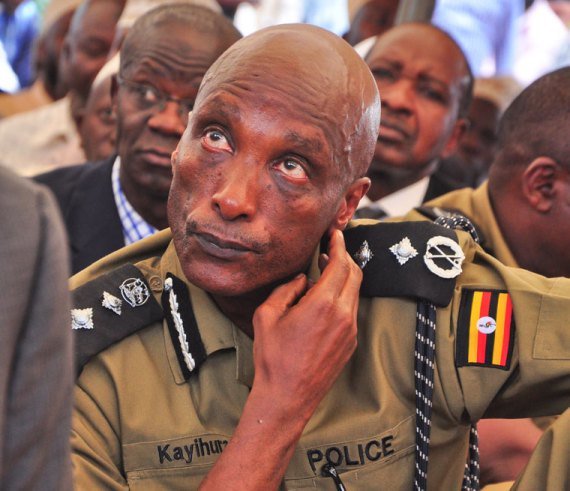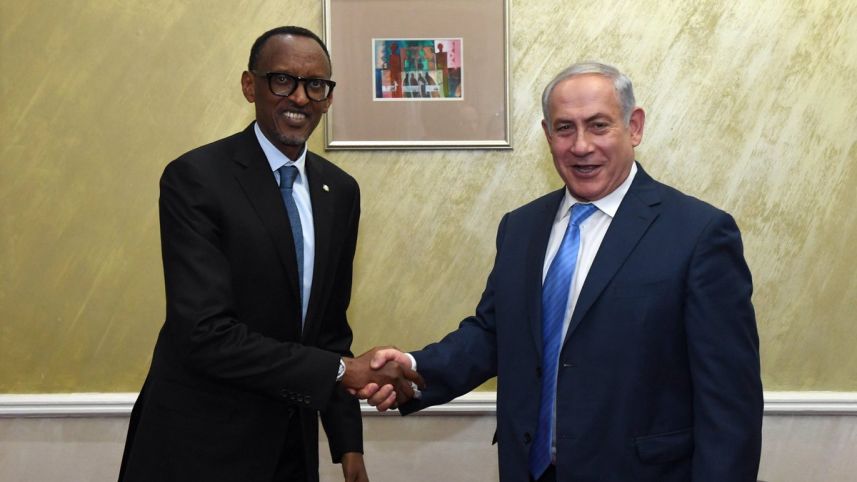France are the overwhelming favourites to triumph in Russia, while England’s hopes of winning a first title in 52 years appear slim, according to Opta’s World Cup predictor.
Didier Deschamps’ side rarely looked in danger against Uruguay in the last eight, ultimately brushing aside their South American opponents thanks to goals from Raphael Varane and Antoine Griezmann.
The relative ease of that victory has led to Opta’s calculations giving them a 41 per cent chance of winning their first World Cup since they did so on home turf in 1998.
They will first have to overcome a Belgium side that dumped out previous favourites Brazil on Friday with a performance brimming with pace and invention.
That result has given the Red Devils and its heralded ‘golden generation’ a 21 per cent chance of winning a first World Cup.
England, meanwhile, is basking in the glory of its unfancied side storming into the semi-finals with many believing that the Three Lions can win a first title since 1966.
With Harry Kane plundering goals at one end and Jordan Pickford keeping them out at the other, it is easy to see why England fans are filled with optimism.
Opta sees it differently, though, and gives Gareth Southgate’s side just an 18.1 per cent chance of triumphing in Moscow on Sunday.
That is marginally less than their semi-final opponents, Croatia, who have battled through consecutive penalty shoot-outs in their last-16 and quarter-final matches.
Zlatko Dalic’s men – led by the imperious Luka Modric – have been given a 19.7 per cent chance of becoming only the ninth different team to win football’s biggest prize.
HOW IT WORKS
Opta’s World Cup Predictor has been built using Opta’s extensive database of past international and World Cup matches.
Each team has an attacking and defensive strength calculated based on past performances. Using these attacking and defensive strengths, along with several other World Cup specific variables, a likelihood is assigned to each potential result.
The attacking and defensive strengths are based on results from all official international matches in the four years before the World Cup. Additionally, the strengths take into account results at the 2010 and 2014 World Cups.
Several other factors are also considered as World Cup specific variables. Two “home advantages” are considered for both the home nation and teams from the host confederations. Teams having won a World Cup since 1970 also have an advantage included on the grounds of tournament pedigree.
For the 2018 World Cup, we simulate the whole tournament 100,000 times using these attacking and defensive strengths and take the average winner of those simulations to be our favourite for the World Cup. For example, if England win the World Cup in 4,000 of 100,000 simulations we assign them a 4 per cent chance of winning overall.





